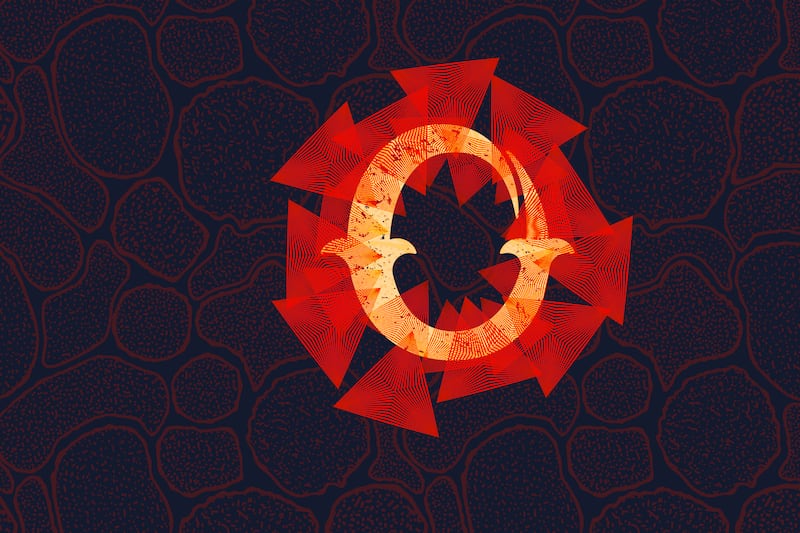A new coronavirus variant may emerge in the near future, especially as countries experience a “honeymoon period” from COVID-19, an expert recently said.
What’s happening: Epidemiologist Adam Kucharski, an associate professor at the London School of Hygiene and Tropical Medicine, told the South China Morning Post that the next major COVID-19 variant may emerge after the current “honeymoon period” of COVID-19 transmission.
- Kucharski said counties may be experiencing a “honeymoon period” due to low COVID-19 cases and high immunity rates.
Yes, but: A new COVID-19 variant could impact how long the “honeymoon period” will last for different countries.
What he said: “We may well see further waves, depending on when variants emerge. Of course, the severity of future waves will depend on the characteristics of as-yet-unknown variants, which could turn out to be more severe like Alpha, or milder like Omicron,” he said.
- “It will be up to each country to decide what a post-emergency phase looks like in the long term, but I expect we’ll still see a lot of variation globally before everyone reaches that point,” he told South China Morning Post.
The bigger picture: Public health experts recently told The Guardian that leaders should use the current lull period to prepare for the next outbreak.
- “Once we have another variant, whenever that may be, the amount of spread from that variant will depend on what kind of preparedness we do now,” Abraar Karan, an infectious disease physician at Stanford University, told The Guardian. “What are we doing to make schools, workplaces and public spaces more safe?”
Don’t forget: The seven-day average for COVID-19 cases in the United States hovered around 59,000 cases per day last week, meaning that thousands of people are still being hit with COVID-19 every day, according to Axios.


